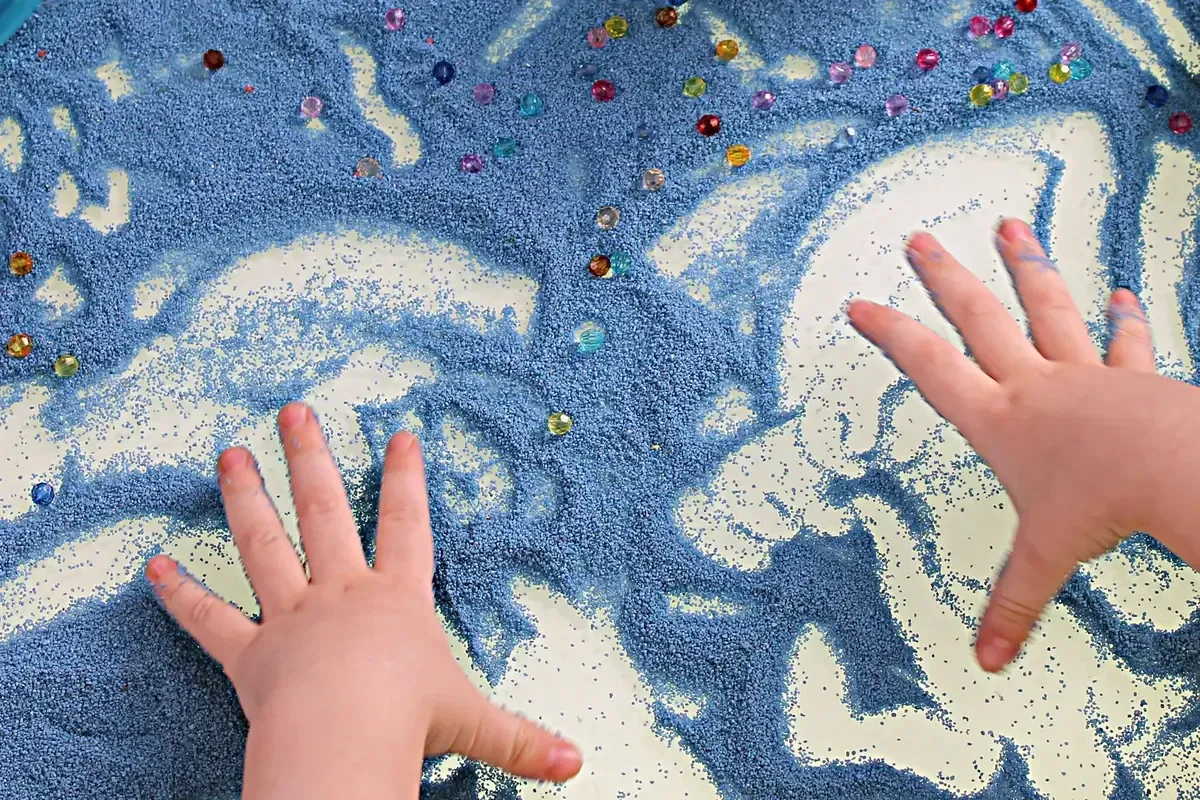Understanding Play Therapy: What It Is & What To Expect

Play therapy is a therapeutic approach designed to help children express their emotions and resolve psychological challenges through play. It is a developmentally appropriate, evidence-based method of counselling younger clients. In play therapy, children can play out, literally and/or
metaphorically, their inner and real-life experiences in a way that builds insight and capacity. Play therapy can help children develop coping skills, improve communication, build selfesteem, and process difficult experiences.
In a play therapy session, a trained therapist creates a safe and supportive environment where children can express their thoughts, feelings, and
experiences through play. Through various toys, games, and activities, children can explore and make sense of their emotions, experiences, and behaviours.
At Helpz, play therapists utilise the Child- Centered Play Therapy (CCTP) approach. This method focuses on tapping into each child's innate potential for growth and healing. The therapist enters the child's world, following their lead and building a trusting relationship that fosters safety and openness. The non-directive nature of CCTP allows children to express themselves naturally while receiving guidance tailored to their needs.
Did you know?
Psychologist Robert Plutchik developed a theory of emotions, suggesting that while humans are capable of experiencing over 34,000 unique emotions, they typically experience eight primary ones. Sessions typically last between 45 to 50 minutes and are conducted in a specially designed playroom filled with a variety of toys and art supplies. The therapist may observe the child’s interactions with the materials and gently guide them through their play to address specific issues.
Parents or caregivers are often involved in the process through occasional meetings with the therapist to discuss progress and strategies for supporting the child at home.
Overall, play therapy offers a supportive environment for children to work through their challenges, helping them to develop healthier ways of coping and interacting with others.








